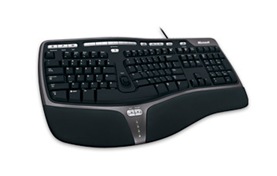Although I don’t dress up with a fancy black suit and hunt criminals by night, holiday season means living a double life for me.
Most of my friends study in Vienna or Graz and only visit during holidays, so whenever they are all in town I have to maintain a student life during the night while still working during the day. That usually means getting up at 9am while staying up till 5am.
Believe me, when 6 people don’t accept no for an answer and want to play poker at your place, you’d better restock on coffee and make sure you eat light so you don’t ruin your stomach completely. (I start regretting having built my own poker table)
And still, it’s holidays so trying to maintain a 8 hour per day pace is almost impossible. Besides your family obligations at various christmas celebrations and the usual shopping madness there isn’t really enough space to get focussed on something long enough to actually finish it in a good way.
So today I came back to office and started filling out the holes in my application I left during the holidays. Working my way from //TODO: statement to the next, revisiting the old code I noticed one thing: Code quality doesn’t matter.
When I write code I can’t forget it afterwards. I mean, I suck at remembering syntax or class names (man I love google for bringing back my memories over and over again), but if I feel like a solution isn’t elegant enough or a module should be restructured to make more sense I’ll think about it whenever not occupied and eventually come up with something better.
What would have taken me hours to get right the first time, was fixed in a matter of minutes after I had time to think about it. So this leads to the interesting conclusion that nothing I’ll write today will actually matter next week, as long as I constantly rethink and rework my code I’ll end up with high-quality code no matter how bad it was when I first wrote it.
So the most important thing to consider when writing code the first time is not let implementation details “leak” out to other parts of your system, so reworking one part of the system won’t affect the other. Also writing tests for one-line methods may seem dumb and repetitive, but once you start juggling around stuff while a release date is coming at you at alarming speed, those one-line tests will assure that your app won’t blow up once deployed.




